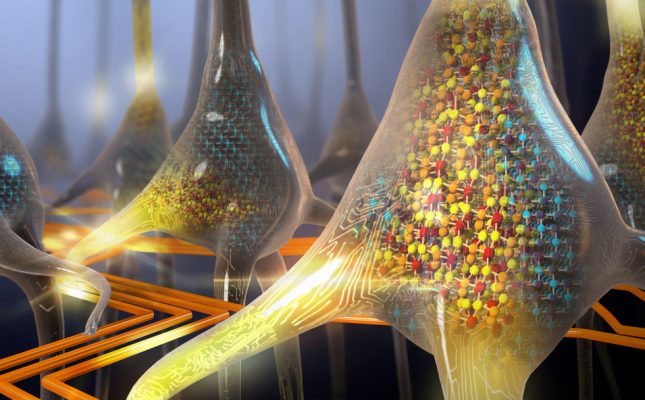Tag: machine learning
Moravec’s paradox
Moravec’s paradox is the discovery by artificial intelligence and robotics researchers that, contrary to traditional assumptions, high-level reasoning requires very little computation, but low-level sensorimotor skills require enormous computational resources. Read full Article
Read moreChina plans to be a world leader in Artificial Intelligence by 2030
In 2017, China published its “Next Generation Artificial Intelligence Development Plan”, which laid out plans to ultimately become the world leader in artificial intelligence, with a domestic AI industry worth almost US$150 billion. Read full Article
Read moreAutomation may take our jobs—but it’ll restore our humanity
For humans to survive the automation revolution, we need to double down on our humanity. The argument goes like this: Artificial intelligence is getting better and better at automating things that humans do. Read full Article
Read moreWhen an AI Goes Full Jack Kerouac
On March 25, 2017, a black Cadillac with a white-domed surveillance camera attached to its trunk departed Brooklyn for New Orleans. An old GPS unit was fastened atop the roof. Inside, a microphone dangled from the ceiling. Read full Article
Read moreAI at SXSW 2018: Of Hives, Ethics, Morals, and the Singularity
AUSTIN — At SXSW 2018, artificial intelligence (AI) was everywhere, even in the sessions that were not specifically about the subject. Read full Article
Read moreAbout Trump and biased machine learning algorithms
A very interesting article by Cathy O’Neil on the relationship of machine learning in our political and policy spheres. She makes a quick, but to the point observation on Donald Trump: He is not like normal people. In particular, he doesn’t have any principles to speak of, that might guide him. No moral compass. That doesn’t mean he doesn’t have a … Continue reading "About Trump and biased machine learning algorithms"
Read moreNeuromorphic chips coming on your mobile device
IBM Research in Zurich has created the world’s first artificial nanoscale stochastic phase-change neurons to store and process data. This demonstration marks a significant step forward in the development of energy-efficient, ultra-dense integrated neuromorphic technologies for applications in cognitive computing. Read more about this exciting discovery and understand more about artificial neurons in this interview with Manuel Le Gallo, … Continue reading "Neuromorphic chips coming on your mobile device"
Read more


